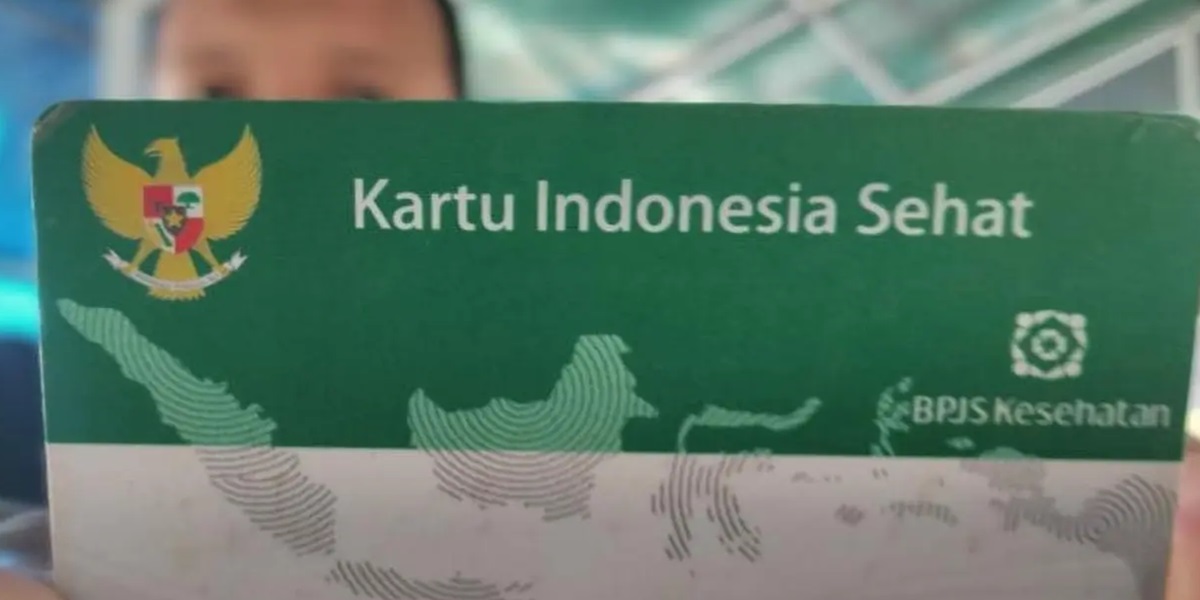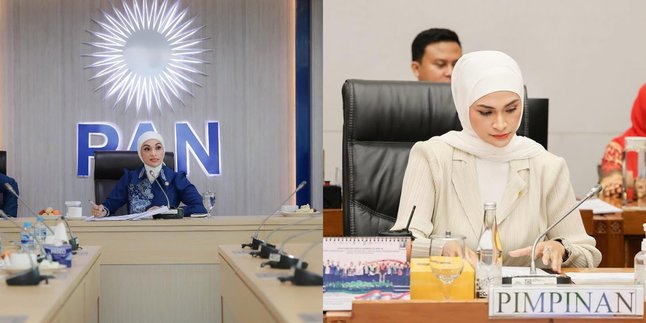Kapanlagi.com - The Indonesian government is ready to launch a new innovation in the health sector! Starting July 2025, the Standard Inpatient Class (KRIS) system will officially be implemented in BPJS Health services. This revolutionary policy is regulated in Presidential Regulation (Perpres) Number 59 of 2024, which aims to replace the division of classes 1, 2, and 3. The goal? To create a fairer and more equitable health service for all citizens.
With the KRIS system, every BPJS Health participant will experience uniform services that meet the established standards. This is not just a change in class structure, but it will also affect the contribution rates that must be paid. The government emphasizes that this step is taken to address the disparities in health services that participants have experienced across different classes.
The President Director of BPJS Health, Ali Ghufron Mukti, stated, “By July 1, 2025 at the latest. Well, that is the contribution, then the rates and benefits will be determined,”. Along with the transition to the KRIS system, the government is continuously making comprehensive preparations, including ensuring the readiness of health facilities and other technical regulations.
So, how will this system be implemented and what are its impacts on the community? Here is a detailed explanation.
1. What is the KRIS System and Why is it Implemented?
The Standard Inpatient Class System (KRIS) comes as a revolutionary solution to eliminate the class limitations of BPJS Health services that have long divided participants into classes 1, 2, and 3. With KRIS, every participant can now enjoy equivalent healthcare services, without any difference in facilities based on the amount of contributions.
This initiative aims to address the disparities in services often experienced, especially by those in lower classes. The Deputy Chairman of Commission IX of the Indonesian House of Representatives, Emanuel Melkiades Laka Lena, emphasized that KRIS ensures all participants receive inpatient care according to the 12 service standards that have been established.
From optimal lighting to comfortable room temperatures, all hospitals in Indonesia are expected to meet the same standards. With this step, it is hoped that healthcare services become more inclusive and equitable, so that no participant feels disadvantaged due to differences in service quality.
2. Changes in BPJS Health Contribution Rates in 2025
Until early 2025, the BPJS Health contribution rates will remain at the old scheme, which is Rp150,000 for class 1, Rp100,000 for class 2, and Rp42,000 for class 3. However, be prepared for changes!
Starting in July 2025, the government will launch new rates in line with the KRIS policy, taking into account the community's ability, the sustainability of the program, and the quality of services.
Health Minister Budi Gunadi Sadikin emphasized that the rates to be set will likely not be much different from the current ones.
Interestingly, participants receiving Contribution Assistance (PBI) will continue to enjoy full subsidies from the government, ensuring that access to health services for underprivileged communities remains protected amid these changes.
3. Impact of the KRIS Policy on Health Facilities
The implementation of the Master Plan for the Health System (KRIS) presents significant challenges for health facilities across Indonesia, which are required to meet new, higher service standards.
Hospitals and health service centers must make significant adjustments to their infrastructure, such as reducing the number of beds in a room, providing bathrooms within inpatient rooms, and improving ventilation and lighting quality to create a more comfortable atmosphere for patients.
With a deadline of June 30, 2025, to adapt, the government will conduct periodic evaluations during this transition period, ensuring that each facility is ready before fully implementing these improved standards.
4. Transition Process Towards the KRIS System
The transformation from traditional classes to the Standard Inpatient Class System (KRIS) is being carried out gradually to ensure the smooth delivery of services for participants. Until July 2025, participants can still utilize the old class system at the current applicable rates.
To ensure the public understands this change, the government is actively conducting socialization through various channels, including the official BPJS Kesehatan website and social media.
Moreover, the government is also committed to providing technical assistance to healthcare facilities that require support in meeting KRIS standards, so that all parties can adapt smoothly.
5. Guide for BPJS Kesehatan Participants
For BPJS Kesehatan participants, understanding this new policy is crucial to avoid losing service benefits. Here are some things to do:
- Check Official Information: Always update information related to KRIS through the official BPJS website or trusted media.
- Prepare a Budget: Although the new rates have not been announced, participants can start preparing a budget based on current rates.
- Attend Socialization: Attend socialization sessions or read the guidelines provided by BPJS to understand rights and obligations in this new system.
6. What is the KRIS system in BPJS Health?
The KRIS system is a standard inpatient service model that eliminates the division of classes 1, 2, and 3 to create equal services for all participants.
7. When will the KRIS system take effect?
This system will be fully implemented starting July 1, 2025.
8. Will the contribution rates change?
The government will announce new rates in July 2025, taking into account the community's ability and the quality of services.
9. What should participants do during the transition period?
Participants are urged to follow official information, prepare a budget, and understand their rights in the new system.
(kpl/rmt)
Disclaimer: This translation from Bahasa Indonesia to English has been generated by Artificial Intelligence.












